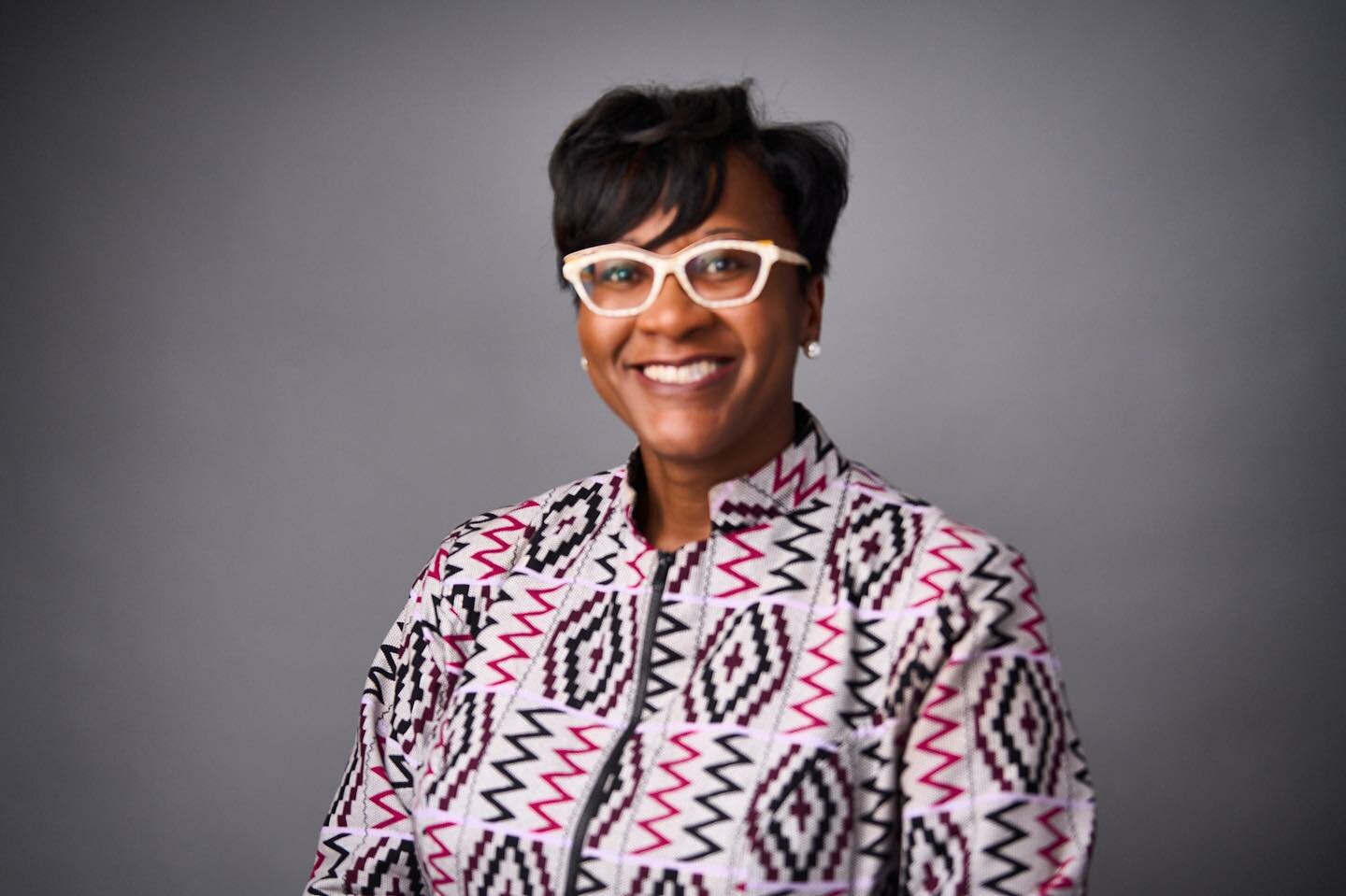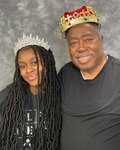
Artika Tyner
By Dr. Artika Tyner, dr.artikatyner@gmail.com
On March 9, 2024, history came alive as our community united to commemorate the release of “Rondo: History and Values” at the Rondo Community Library. The collaboration between local youth and community elders has given rise to a timeless treasure. This anthology commissioned by Planting People Growing Justice Leadership Institute provides invaluable reflections on Rondo’s past and illuminates the pathway of social change for future generations of leaders.
HISTORY OF RONDO
The Rondo community has a rich cultural heritage of unity, hope, and faith. During the early to mid-20th century, African Americans made Saint Paul, Minn. their home. They found refuge in the Rondo community, which is an almost two-square-mile area extending from Rice Street to Lexington Boulevard and from University Avenue to Selby Avenue. Rondo Ave. served as the nexus of community connections with Black businesses, churches, and schools. By the 1960s, 80 percent of African Americans in Saint Paul lived in Rondo.
During the late 1950s, the very existence of Rondo was threatened with the construction of I-94. Nationwide, the Federal Aid Highway Act of 1956 impacted Black communities like Rondo because new highway systems were being built at a rapid pace. Unfortunately, in Rondo, the highway went through the center of the community. This economic hub, which was evidenced by a vibrant Black neighborhood with hundreds of businesses and a self-sustaining Black ecosystem fueled by cooperative economics (“ujamaa”), was destroyed.
Before the highway was built, the streets of Rondo were bustling with shopping, music, and entertainment, which was evidenced by over 300 Black-owned businesses. With the construction of the highway, these businesses were effectively decimated. The highway also devastatingly eliminated the possibility of any future wealth creation. The hope-filled neighborhood had been filled with beautiful homes that were destined to be inherited by the next generation. With the new highway construction and the exercise of government power to seize private land for public use (eminent domain), Black families lost their homes and the possibility of building generational wealth. Seven hundred Black-owned homes were demolished.
One in eight African Americans lost their homes due to the construction of I-94, which resulted in a $270 million home ownership equity gap in Rondo.
RONDO VALUES
Despite these roadblocks and impasses, one thing that has remained the same is the importance of honoring Rondo values. Elder Marvin Roger Anderson of the Rondo Center of Diverse Expressions outlined eight core values that reflect Rondo’s rich cultural heritage and hope for the future. According to Elder Anderson:
WORK: Work defines us, and as descendants we honor our ancestors for their fortitude to survive slavery, never receiving pay for the toil and work that helped build this country. We do the jobs that need to be done, and we do not let others define how we should feel about an honest occupation.
HOME OWNERSHIP: A home is a castle, and owning your home is the ultimate American Dream, the cornerstone of the family, security in tough times, evidence of your labor, and the basis of your wealth.
RELIGION: Hang on to your African roots, incorporate them into your chosen course of worship in the new world, and integrate them into your daily routines to teach lessons, ease suffering, relay messages, and confirm the equality of all before God.
RESPECT: Learn and respect your heritage, the history of your people, and pass it on.
ECONOMIC INDEPENDENCE: Your goal is to amass economic capital through a job or jobs working with your hands and mind for economic independence and a better quality of life.
SOCIAL INTERACTION: It is good to be alone, and solitude can be a beautiful thing. However, the moments you will really remember to the fullest will be those spent with other people.
EDUCATION: Education opens the doors for African Americans and is the one thing that cannot be taken away.
HOPE: The day will come when Blackness no longer signals a higher risk than Whites of premature death, impoverishment, unemployment, educational gaps, incarceration, victimization, homelessness, and police harassment; all vestiges of racial discrimination will be reduced. You must believe in this or face a life of depression and despair.
The next chapter of Rondo’s history is still being written as a new group of innovators and creatives are activating hope. Black entrepreneurs are building businesses and serving in the community. Black students are organizing for change. Rondo will continue to rise with renewed hope and soar to new heights due to its fervent commitment to upholding Rondo community values.
Through her organization, Planting People Growing Justice Leadership Institute, Dr. Artika Tyner seeks to plant seeds of social change through education, training, and community outreach.




Comments
No comments on this item Please log in to comment by clicking here